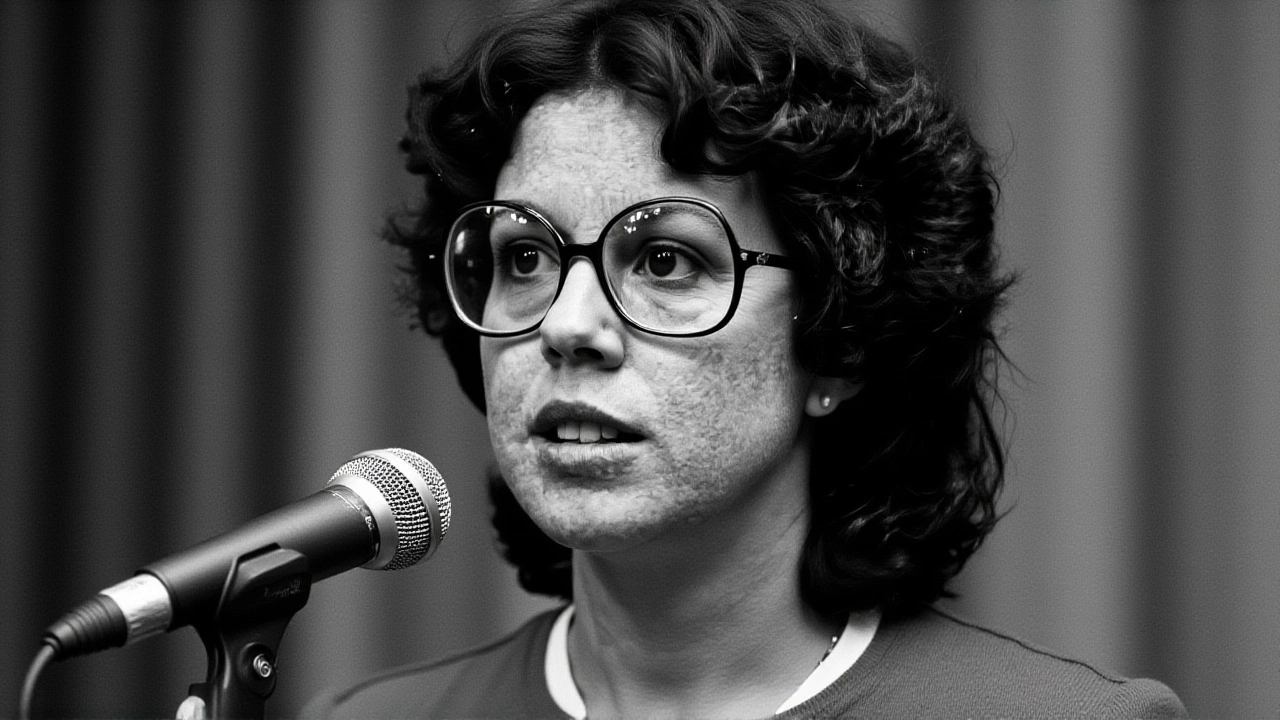
Kathy Kleiner Rubin Survives Ted Bundy Attack, Details Her Recovery
Kathy Kleiner Rubin recounts surviving Ted Bundy's 1978 attack, her battles with lupus and cancer, and how her memoir highlights resilience.
When you browse the World, a wide‑ranging collection of events, cultures and personal stories from every corner of the globe. Also known as global arena, it brings together topics that often intersect, like crime, perseverance and history. This page pulls those threads together so you can see how a single incident can echo across continents and generations.
True Crime, the nonfiction genre that examines real criminal cases, motives and investigations isn’t just about headlines; it reveals how societies react to danger and how justice systems evolve. In the United Kingdom, the public’s fascination with infamous cases fuels documentaries, podcasts and books. Across the Atlantic, the same fascination sparked the rise of investigative journalism that exposed systemic failures. By looking at a notorious figure like Ted Bundy, a serial killer whose crimes spanned multiple states in the 1970s, we see patterns that repeat worldwide—charisma masking evil, media sensationalism, and the lasting impact on victims’ families. Understanding these patterns helps readers grasp why true‑crime stories resonate far beyond the courtroom.
Another pillar of this category is the Survivor Memoir, first‑person accounts that detail personal triumph over trauma, illness or violent events. These narratives turn abstract statistics into lived experience. Take the story of Kathy Kleiner Rubin, a survivor of a 1978 attack by Ted Bundy who later battled lupus and cancer. Her memoir doesn’t just recount a harrowing night; it shows how resilience can reshape a life and inspire others facing adversity. Such memoirs bridge the gap between crime reportage and human empathy, reminding us that behind every case lies a person with hopes, fears and a future to rebuild. When paired with true‑crime analysis, survivor memoirs provide a fuller picture of cause, effect, and recovery.
Below you’ll find a curated set of articles that weave together these themes. Expect in‑depth looks at historic crimes, personal journeys of healing, and the cultural forces that keep these stories alive. Whether you’re drawn to the investigative side of a case or the emotional arc of a survivor, this collection aims to give you both context and connection. Ready to explore the many facets of the World’s most compelling narratives? Scroll down to see the full lineup.

Kathy Kleiner Rubin recounts surviving Ted Bundy's 1978 attack, her battles with lupus and cancer, and how her memoir highlights resilience.